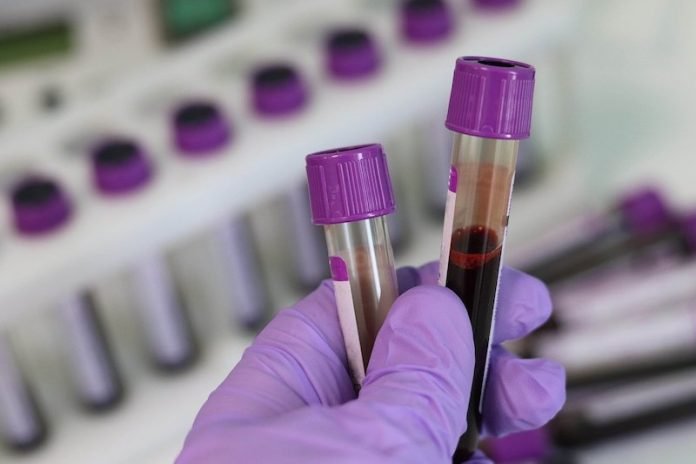
In a new study, researchers found a link between an inflammatory molecule in the blood and a person’s likelihood of depressive symptoms.
The research was conducted by a team at UT Southwestern.
Depression is estimated to affect 4.4% of the world’s population, making it one of the leading causes of disability.
Researchers have struggled to understand all the molecular changes in the body that accompany the major depressive disorder.
More than 20 years ago, clinicians found that a pro-inflammatory drug used to treat some diseases could cause depression.
Since that time, researchers including Brown have wondered about the link between inflammatory molecules and depression.
In the study, the team analyzed data on 3,033 adults who had provided blood samples and completed a depression screening questionnaire as part of a big research project.
They discovered that levels of GlycA, an inflammatory molecule that’s not routinely tested for in patients, correlated with the severity of depressive symptoms.
Even after controlling for many factors, GlycA levels remained associated with depression severity.
This study suggests that maybe doctors could predict or diagnose depression based on inflammatory scores.
Or maybe eventually doctors will be able to design therapies that actually target this inflammation to treat depression.
The team plans to test whether GlycA levels can predict how well a treatment for depression works or help guide the best antidepressants for particular patients.
They would also like to follow patients over time to gauge whether GlycA levels rise before or after the onset of depression symptoms.
One author of the study is Sherwood Brown, M.D., Ph.D.
The study is published in the Journal of Clinical Psychiatry.
Copyright © 2020 Knowridge Science Report. All rights reserved.



